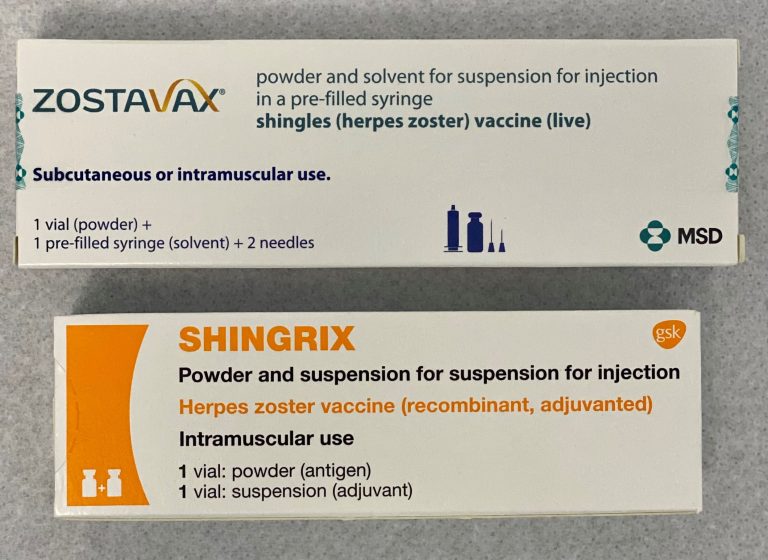GSK plc (NYSE: GSK), a prominent player in the healthcare sector, operates within the Drug Manufacturers – General industry. Based in the United Kingdom, GSK holds a significant market capitalization of $83.49 billion. The company is renowned for its robust portfolio of vaccines and specialty medicines aimed at preventing and treating a variety of diseases globally, including in key markets like the United States and the UK.
The current trading price of GSK stock is $41.2, reflecting a minor change of $0.05, or 0.00%, from the previous trading session. Over the past year, its stock price has fluctuated between $32.08 and $44.26, indicating a relatively stable performance amidst a volatile market environment.
From a valuation perspective, GSK’s Forward P/E ratio stands at a modest 8.55, suggesting that the market may be undervaluing the company’s future earnings potential, particularly when compared to peers within the healthcare sector. This metric can appeal to value investors looking for stocks with attractive growth potential at a reasonable price.
GSK’s performance indicators reveal a revenue growth of 2.10%, which, while modest, underscores the company’s steady expansion. The firm’s return on equity (ROE) is notably high at 27.10%, indicating efficient management in generating profits from shareholders’ equity. Moreover, GSK boasts a substantial free cash flow of over $5 billion, providing a solid foundation for reinvestment, debt reduction, or shareholder returns.
Dividend-seeking investors will find GSK’s dividend yield of 3.88% and a payout ratio of 79.84% attractive. This payout ratio indicates that the company returns a significant portion of its earnings to shareholders, while still retaining enough capital for growth opportunities.
Analyst sentiment on GSK presents a mixed picture, with one buy rating, five hold ratings, and two sell ratings. The stock’s average target price is $41.54, offering a potential upside of 0.81% from the current price. The target price range spans from $35.25 to $58.00, emphasizing a wide spectrum of analyst expectations regarding GSK’s future performance.
Technical indicators provide additional insights into GSK’s stock movement. The 50-day and 200-day moving averages are $37.81 and $37.55, respectively, suggesting an upward trend. However, the Relative Strength Index (RSI) of 11.20 indicates that the stock is currently oversold, potentially signaling a buying opportunity for investors who believe in the company’s long-term fundamentals.
GSK’s robust pipeline and strategic collaborations, such as its agreement with CureVac to develop mRNA vaccines, showcase its commitment to innovation and long-term growth. As GSK continues to focus on its core strengths of vaccines and specialty medicines, investors may find it an attractive proposition, particularly those interested in a combination of growth and income.
As the healthcare landscape evolves, driven by advancements in biotechnology and increasing global healthcare demands, GSK is well-positioned to capitalize on these trends. Investors looking for a stable healthcare stock with a solid dividend yield and promising growth prospects might consider adding GSK to their portfolios.









































